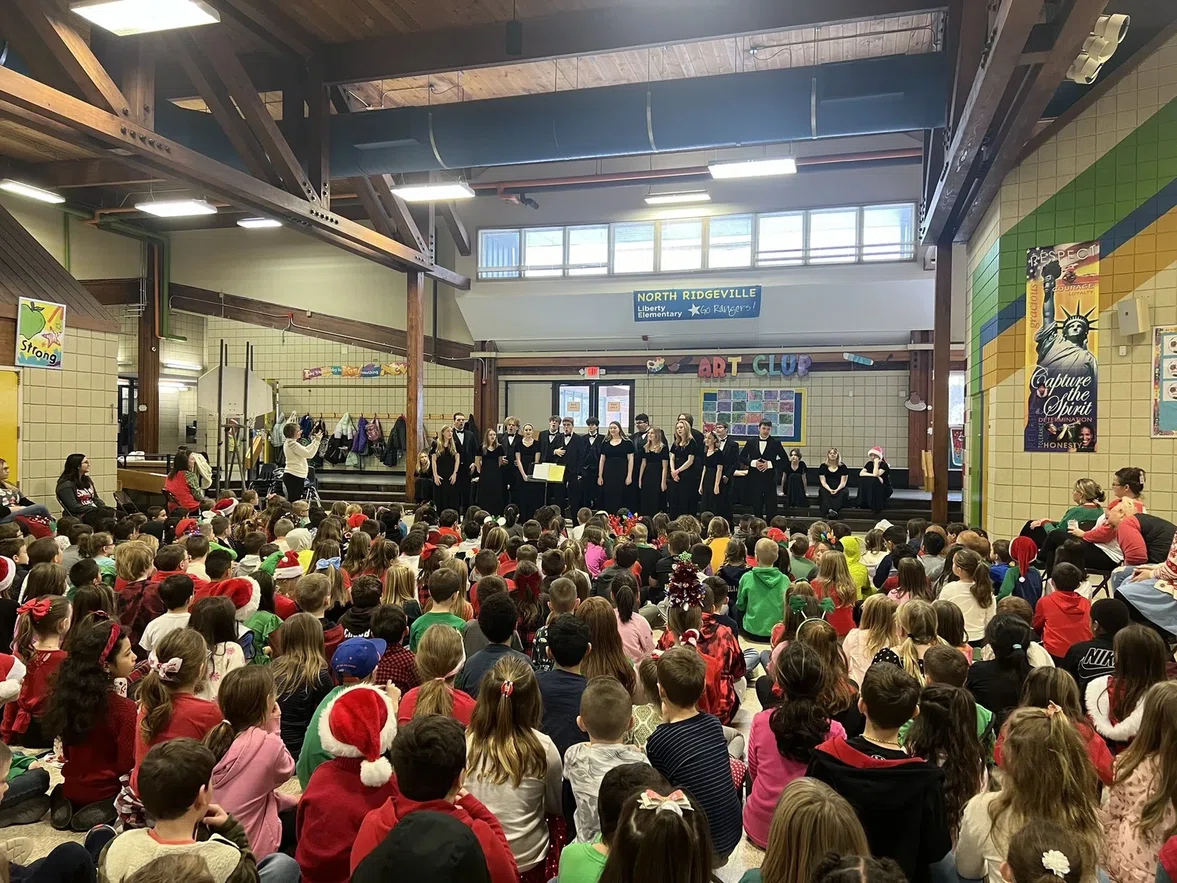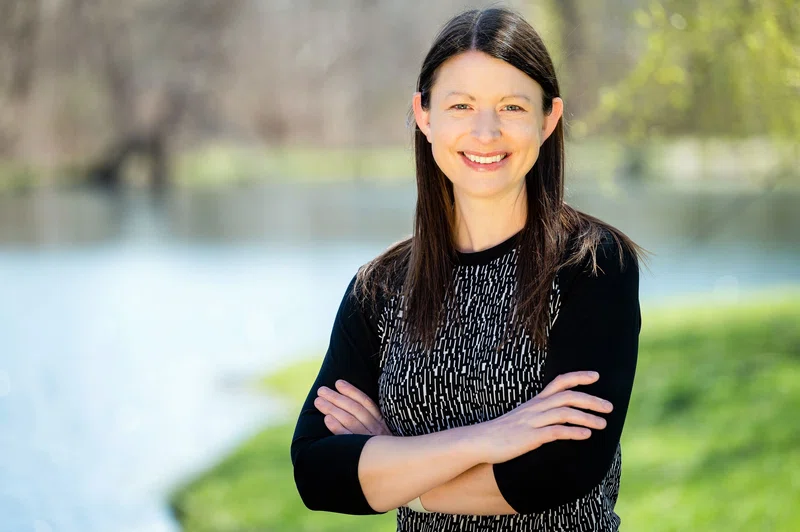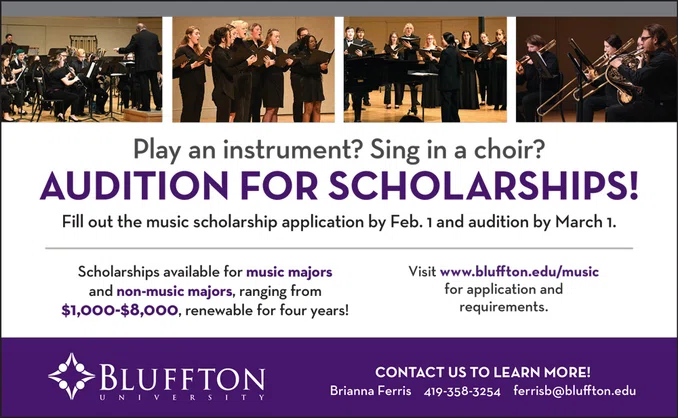©2023 Ohio Music Education Association



Committee Updates
Advocating for Music in Society
Advocating for Music in Society


Danielle Shaub
OMEA Advocacy Chair
SHARE ARTICLE:
In a world filled with diverse voices and expressions, music stands as a universal language that transcends boundaries, cultures, and generations. Its power to inspire, heal, and unite is undeniable. Yet, amidst the disharmony of modern life, the importance of music is often overlooked or undervalued. This is where music advocacy emerges as a vital force, rallying individuals, educators, organizations, and communities to support the cause of music in society.

Music advocacy is not merely a plea for the preservation of an art form; it is a call to recognize the countless benefits that music bestows upon individuals and communities alike. From fostering creativity and critical thinking to promoting social cohesion and emotional well-being, the impact of music reaches far beyond the realms of entertainment. As such, efforts must be made at various levels to ensure its continued presence and accessibility.
At the forefront of music advocacy are individuals who recognize the transformative power of music in their own lives. Whether as performers, listeners, or enthusiasts, their passion fuels the momentum for change. By advocating for music in their communities and workplaces, individuals can spark conversations, challenge perceptions, and inspire others to join the cause.
Music teachers play a pivotal role in advocating for music education, which is often the first point of entry for many individuals into the world of music. By promoting the importance of music in school curricula, teachers not only nurture the next generation of musicians but also equip students with invaluable skills that extend far beyond the realm of music. Their advocacy efforts ensure that every child has the opportunity to experience the transformative power of music, regardless of background or circumstance.
Whether through lobbying for policy changes, providing support for music educators, or funding community music initiatives, organizations such as OMEA play a crucial role in shaping the landscape of music education and access. Communities, too, have a vital stake in advocating for music. Community engagement lies at the heart of music advocacy, offering opportunities for collaboration, celebration, and dialogue. There are opportunities through which individuals, teachers, organizations, and communities can advocate for music:
- Community Engagement: Organizing music festivals, workshops, and cultural events that celebrate diverse musical traditions and engage the community in dialogue about the importance of music.
- Information Sharing and Performance: Providing information and performing at school board meetings, local government gatherings, and community forums to advocate for the inclusion of music education in schools and resources for music programs.
- Concerts or Showcases of the Arts: Hosting concerts, showcases, and exhibitions that highlight the talent and creativity of local musicians and artists, while also raising awareness about the value of music in society.
Music advocacy is not merely an option but a responsibility—a responsibility to safeguard an art form that has the power to uplift, inspire, and transform lives. By inspiring individuals, educators, organizations, and communities to support the cause of music, we can ensure that music continues to empower generations to come.
If you have any questions about the OMEA Advocacy Committee, please reach out to OMEA Advocacy Chair, Danielle Shaub, at shaubdanielle@lakelocal.org


